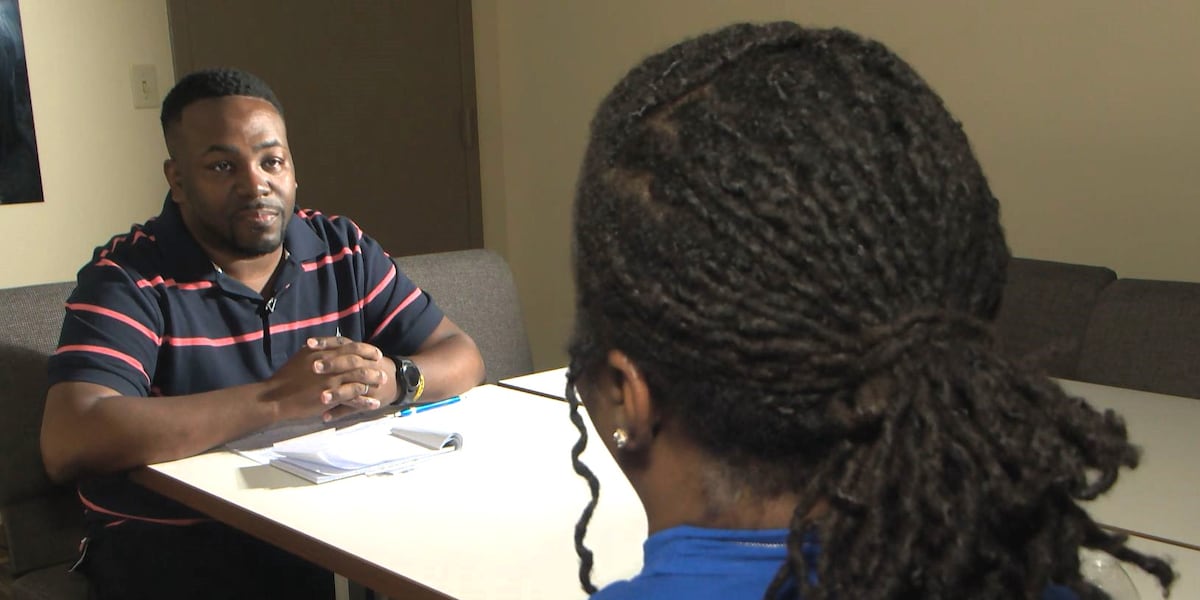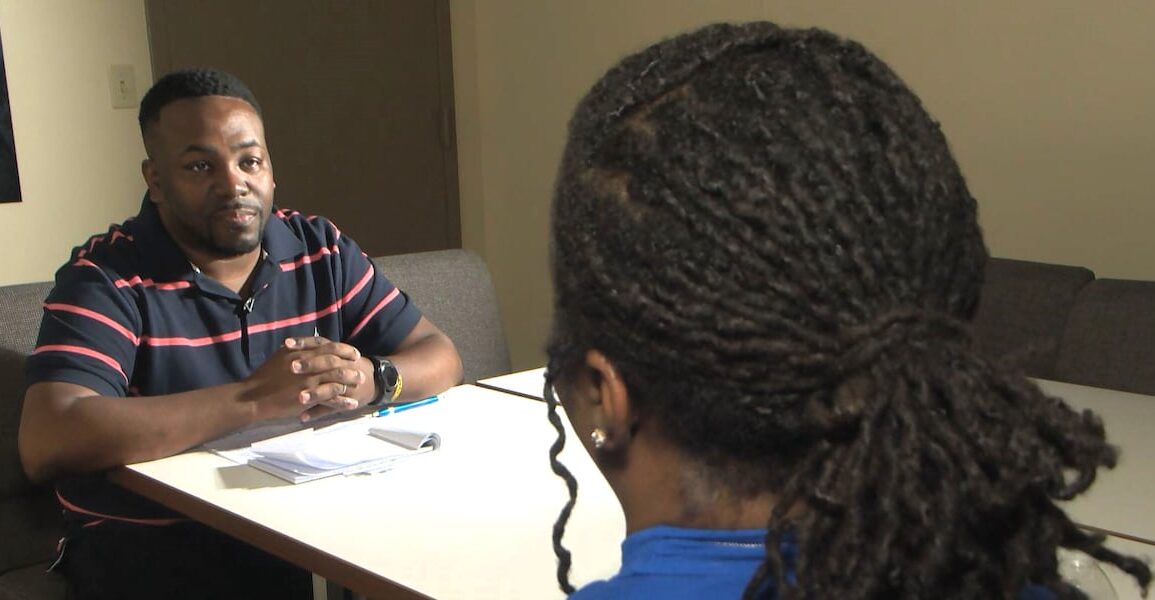
MONTGOMERY, Ala. (WSFA) – In December 2022, Montgomery native and famous dancer Stephen “tWitch” Boss died by suicide. He was 40-years-old. His mentor, actor, and Alabama State University legend Dr. Tommie Tonea Stewart described him as a beautiful person.
“Stephen had the talent, he was a doer. Has always been kind, always been giving, always been ready to help others,” she said.
His death mirrors a tragic trend in the African American community. According to the Centers for Disease Control and Prevention, suicide is the second leading cause of death for African Americans between the ages of 15 and 24. Suicide is particularly prevalent among Black men. Staggering statistics led George Ishman to the Samaritan Counseling Center.
“I’ve done a lot of things in my life. I took a crack at driving 18-wheelers, worked in a restaurant, and made my way to management,” he said, “then, I decided I wanted to make a transition to something else and make a change.”
For him, the change meant going back to school, getting a degree, and becoming a therapist in Montgomery. He aims to help people in Alabama and connect with people who look like him and have similar backgrounds—minorities and people who live in rural communities.
“I’m coming from those same circumstances, and I was always taught that if you are able, if you’re in a position to do something to help others, then you should,” he said.
Already, the newer therapist is seeing an increase in his clients of color. He admits that there are still struggles and hurdles when it comes to reaching those dealing with mental health issues and disorders, specifically in the Black and Hispanic communities. He cites overall stigma, language barriers, lack of access to care, financial concerns, and a general distrust of healthcare professionals as just a few of the reasons why certain people don’t ask for help.
One reason for distrust, especially amongst Black people in Alabama, the infamous and horrific “Tuskegee Study”. The case started in the 1930s and went on for decades. The government experimented on poor black men to learn the effects of Syphilis on the human body. Most of the men were denied access to penicillin, even when it became readily available as a cure.
“What happened in Tuskegee and even dating back to slavery, we know that there’s been a level of mistrust for healthcare professionals,” Ishman said, “so, for a lot of individuals, the way of coping that they’re taught is to just be strong, you know, or to focus their issues or throw their issues towards religion.”
In the Bible Belt and rural areas, many people turn to pastors and scripture for all kinds of things, including mental health, instead of contacting certified professionals.
“Religion is big in the Black community and the Hispanic community. And the Samaritan Counseling Center has a partnership with the Beacon Center, the Metropolitan UMC church. We also have a partnership with Hope Inspired Ministries,” he said.
He said as a Black man in the South he understands the importance of religion but, he wants people to realize that if they’re struggling, they still need to seek professional help… before it’s too late.
“Faith without works is dead, that‘s the saying right,” Ishman said. “So, I tell my clients’ faith is the church and therapy is the works.”
Not reading this story on the WSFA News App? Get news alerts FASTER and FREE in the Apple App Store and the Google Play Store!
Copyright 2024 WSFA. All rights reserved.


